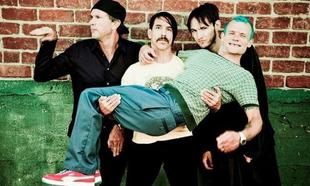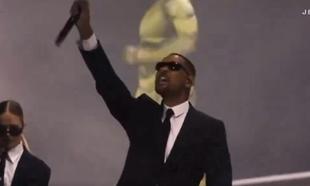Bandwagon-jumpers? Us? Never. In fairness, many people will have overlooked south London's Speech Debelle before her recent Mercury Prize triumph. Indeed, when this album was initially released (prepare for a zinged-up reissue to be winging its way to your local record store very soon) in May, it performed poorly commercially, selling just 3,000 copies in a four-month period.
Corynne Elliot's debut was deemed worthy of an accolade by the Mercury Prize judges, but is it actually any good? Well, in her own words, she wanted to 'make an album like Tracy Chapman doing hip-hop', but much of 'Speech Therapy' actually sounds more like Lauryn Hill (the slick street party ambience of 'The Key' and the easygoing 'Spinnin'), or Estelle before she was discovered and Americanised by John Legend.
The main difference between run-of-the-mill rap music and Speech Debelle's rap music, though, is her use of instrumentation. It's not every day you hear clarinet, piano, acoustic guitar and jazz-like percussion in what's classed as 'urban' music these days, and her organic approach undoubtedly provides a breath of fresh air to the genre. Her guest performers also range from the unexpected (oddball indie princess Micachu) to the anticipated (a subdued turn from Roots Manuva).
Those highlights aside, though, there's a surprising lack of innovation here for an award-winning album. Debelle is at her very best when she puts her own spin on the lyrical themes of childhood abandonment, and closing track 'Speech Therapy' is undoubtedly the most honest, heartfelt and poignant song on the album. She sums it up best when she says herself: "I'm still learning, and I'm still trying." With a nice financial investment and the confidence of a solid debut under her belt, album number two should pack a mightier punch than this.









































































